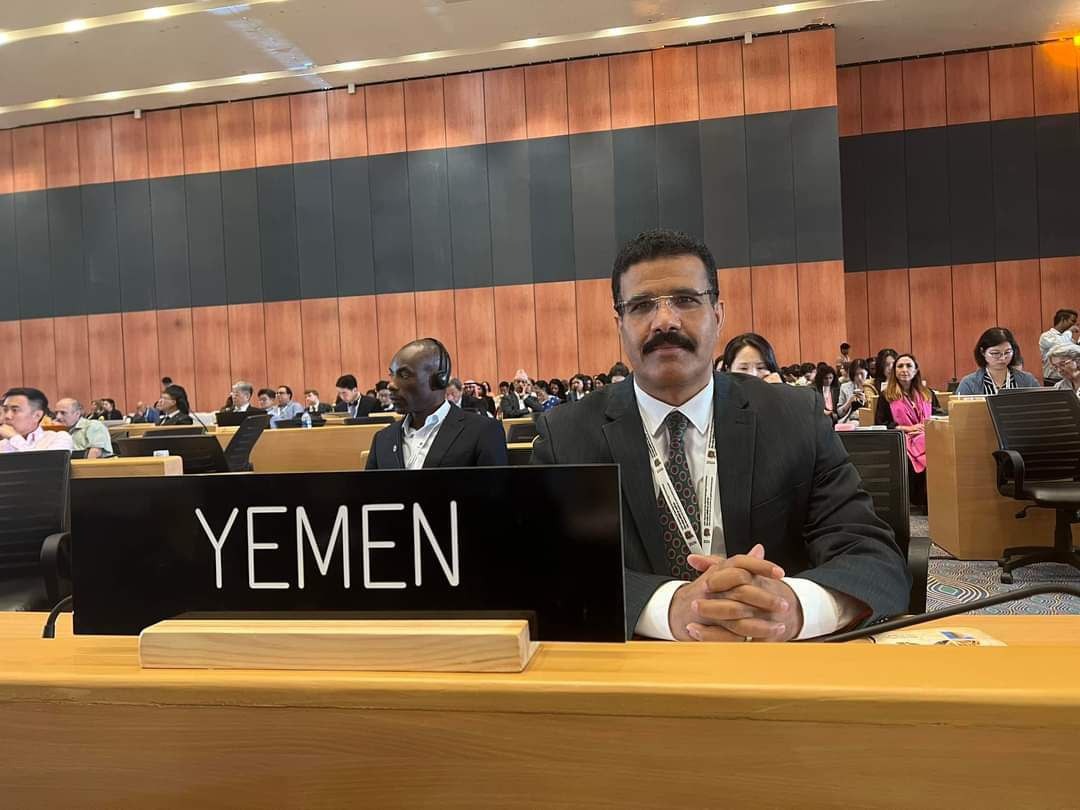


Barran Press
Yemen's Ambassador and Permanent Representative to UNESCO, Mohammed Jamaih, has warned that Socotra Archipelago, a UNESCO World Heritage Site, is facing a serious threat due to investment violations and the introduction of foreign plant species.
In a Facebook post on Thursday, July 25, 2024, seen by "Barran Press" Jamaih revealed that the UNESCO World Heritage Committee, currently meeting in New Delhi, is reviewing the status of Socotra.
He expressed concern that the island could be placed on the "List of World Heritage in Danger" if the current situation deteriorates, referring to ongoing violations and the introduction of non-native plant species.
Jamaihhighlighted the dangers posed by these activities, stating that reports presented today indicate several risks, including "unlawful construction investments and urban expansion, intensive fishing practices, and the introduction of plants from outside the island that have impacted the island's flora."
The Yemeni diplomat emphasized that he has been working with delegations from sisterly and friendly nations in recent days to prevent Socotra from being listed as endangered while adhering to UNESCO's requirements. The organization has decided to send a monitoring committee to the island.
Jamaih stressed the need to "address the existing investment violations, regulate urban expansion, and curtail excessive fishing practices." He declared, "Socotra is a protected area, and we must stop tampering with it." He considers his statement a "warning bell" before a decision is made to classify the island as a World Heritage site in danger.
Socotra, a Yemeni archipelago belonging to the Hadhramaut region, comprises six islands in the Indian Ocean, off the coast of the Horn of Africa near the Gulf of Aden.
The island was designated a World Heritage Site in 2008 and was named the "most beautiful island in the world" by The New York Times in 2010 due to its unique biodiversity, ecological significance, and global impact.
In October 2013, Socotra Archipelago became a separate governorate from Hadhramaut Governorate by a decree from then-President Abdrabbuh Mansour Hadi.
In recent years, forces aligned with the Southern Transitional Council, backed by the United Arab Emirates, have taken control of Socotra. Human rights and development organizations have warned about suspicious tourism and investment activities on the island. Local officials have accused the UAE of transferring rare plants and birds from the island to the UAE and constructing harmful structures within the protected area.